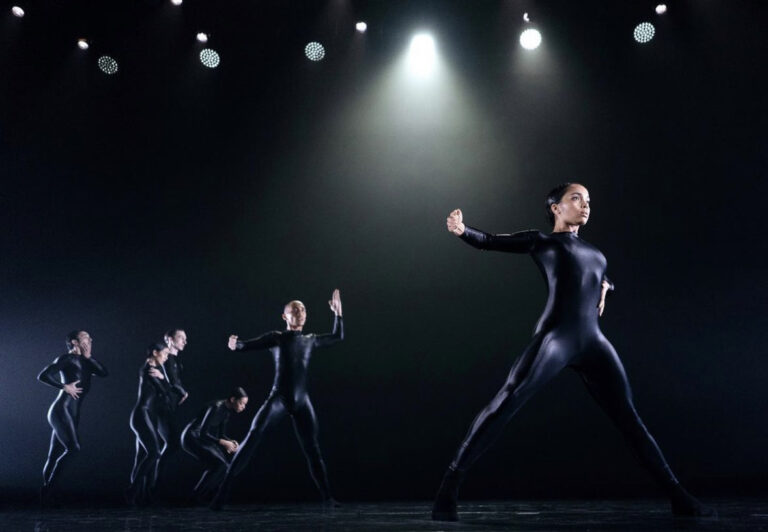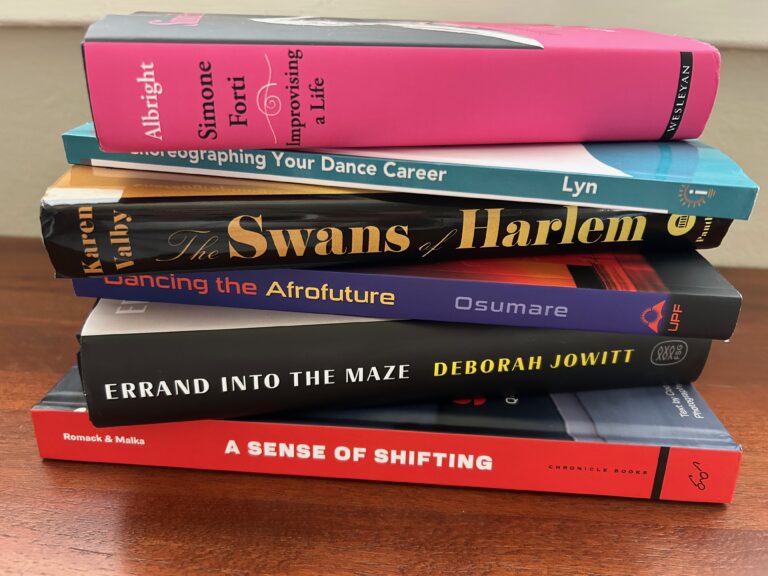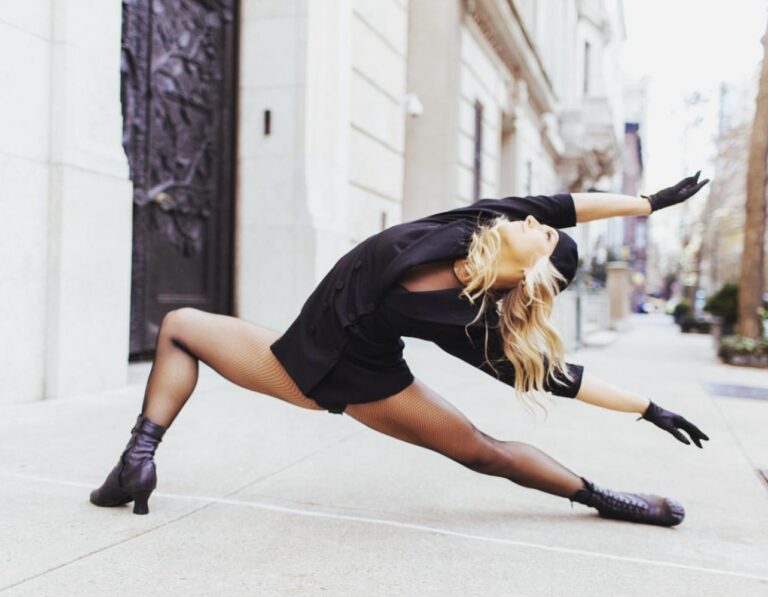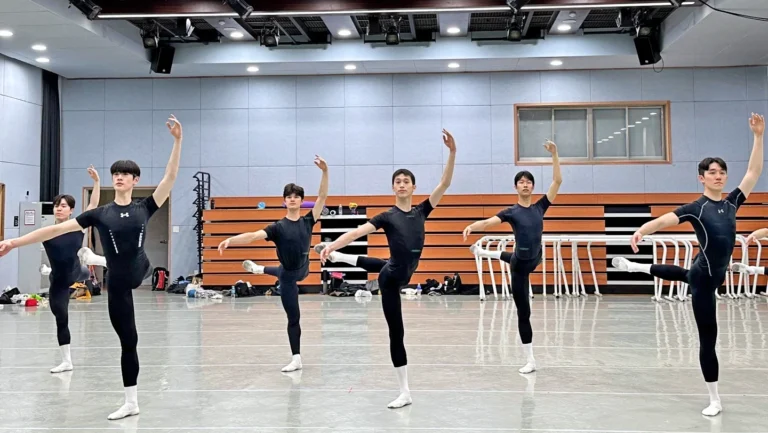When Holly Lau learned in 2002 that the University of Memphis dance degree program had been cut, she was shocked. “It came out of the blue,” says Lau, who had been a professor in the program for 11 years at that point. Though classes would continue (and soon dwindle in enrollment), students could no longer earn the BFA in theater with a concentration in dance.
Fast-forward to today—14 years later—and the dance degree is back and thriving, thanks to Lau. Now the chair of UofM’s Department of Theatre & Dance, Lau has spent the entirety of her 25-year career advocating tirelessly for dance at the university.
Against All Odds
Lau has had a firm foothold in Memphis’ arts community for more than two decades, but her path there wasn’t so straightforward. While working with a theater troupe in Maine in college, she was invited to join a dance company. Though she had no prior experience, she jumped at the opportunity. After a few years she moved to New York City to train with Alwin Nikolais and Murray Louis, immersing herself in the ’70s avant-garde dance scene.
Dance would serve as a constant in the years to come, as she married, had her first son and then lost her husband to cancer. “It was nice to be able to continue dancing while I was a young mother and then a widow,” she says. At 39, she decided to earn her MFA at Ohio State University, where she met her second husband, with whom she eventually had another son.
When Lau was hired as an assistant professor at the University of Memphis in 1991, she tasked herself with making positive changes in the department from day one. “When I started here, the dance program really was all white, and I thought, ‘This is ridiculous,'” she says. “So the very first thing I did was reconstruct the Negro Spirituals by Helen Tamiris. My intention was to open the doors to greater diversity.” Within five years, the department’s student enrollment was significantly more diverse.
Rebuilding from the Ground Up
When the dance degree was pulled in 2002, Lau hatched a plan to keep dance alive at the university. With her colleagues, she created a new dance education curriculum that could be housed in the university’s interdisciplinary degree program. Students earned a bachelor of professional studies with a dance education concentration. “So we continued teaching all the classes we’d taught all along, just with fewer majors,” she says.
It would be more than a decade before Lau would see the degree program reinstated, but that never deterred her from her mission to provide dance opportunities to UofM students. “We kept it going. We kept teaching. We didn’t have any budget. We had no money anymore. Nothing. Zero. And yet we still did concerts,” says Lau. “You get costumes out of your closet. You pay for it yourself. We just continued, and continued to have kids who were drawn to it, were inspired and were changed by the experience.”
When the Theatre & Dance Department chair stepped down in 2012, Lau, as the newly appointed chair, found herself in the position to make an even greater impact. She made sure to hire faculty who were eager to work with the dance program, like lighting design professor Anthony Pellecchia. “He thinks it’s really important for his lighting students to light dance,” says Lau. “The whole thing is shifting in a really positive way.”
Creativity and Compassion
When she’s not teaching or running the department at UofM, Lau does community outreach with the improvisational theater company Playback Memphis. Her most rewarding opportunity with the troupe has been working with police and ex-felons through LifeLine to Success, an organization that reintegrates previous offenders into society. Members of the police force and former criminals are brought together to speak about their experiences while Lau and her fellow Playback Memphis members act out their stories. The experience was so effective in generating dialogue and providing new perspectives during its first run that the Memphis police department now requires officers to participate. “What happens is they really hear each other,” says Lau. “It creates this community conversation that’s really powerful.”
Creative work and arts advocacy are essential for Lau. “It keeps me grounded. It’s who I am,” she says. “I’ve been able to reinvigorate this dance program that has had many wonderful years, but just had a little bit of a pause. That’s been exciting to me.”




